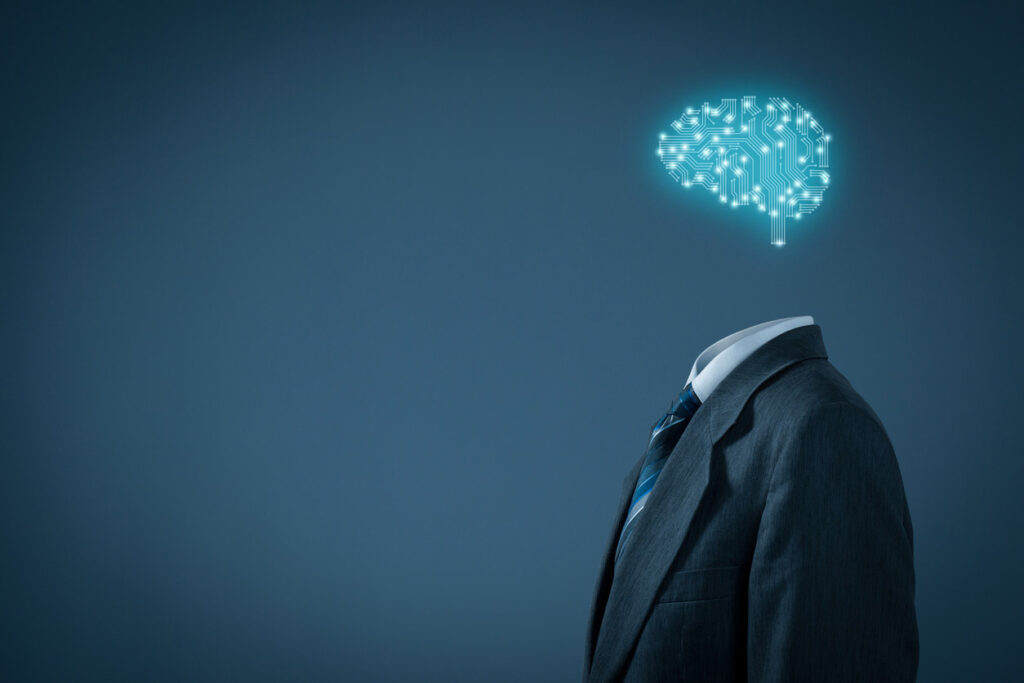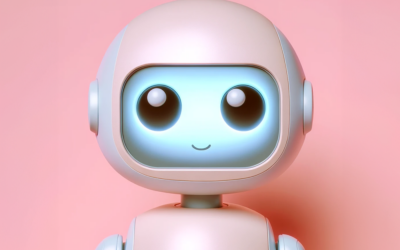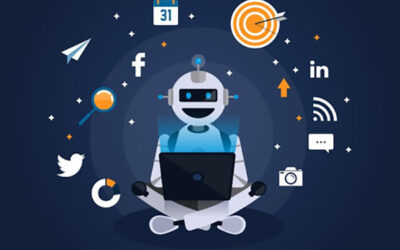Artificial Intelligence (AI) is rapidly transforming our world, promising radical changes in nearly all aspects of our lives. One of the most affected areas is marketing. AI not only has the potential to revolutionize the way businesses relate to customers, but it could also redefine the role of marketing professionals.
AI and Marketing: A Strategic Marriage
Experts believe that generative artificial intelligence models are a powerful tool for creating realistic content and images. These capabilities can reduce the time and energy required to create effective marketing campaigns, allowing marketing teams to focus on more creative and strategic aspects.
The magic of AI lies in its ability to lighten the load of repetitive and non-creative tasks, leaving room for purely human skills such as synthetic thinking. However, one important limitation of AI must be considered: the generated content is based on existing data. This means that when there is a need to create something completely new, or that is underrepresented in the data, AI may not be the ideal solution. This is one of the reasons why the human element remains fundamental in marketing.
The Human Touch: An Irreplaceable Factor
Despite the promises of AI, there is growing concern about its impact on employment. According to a report from the World Economic Forum, up to a third of all jobs could be at risk of automation in the next decade.
However, just like the introduction of ATMs did not result in mass unemployment among bank staff, automation in marketing does not necessarily mean the end of human roles. In fact, technology can create new jobs and require new skills. The human touch is irreplaceable, and in a field subject to automation like marketing, these skills will be seen as transformative, capable of elevating the mediocre to the exceptional.
AI Models: Large, Small and Everywhere in Between
AI, particularly larger and more powerful models, has a significant energy cost. For example, running a model like ChatGPT can cost about $100,000 per day, a cost that mainly goes to electricity bills. And this has implications not only economically, but also environmentally.
However, there is also room for smaller and specific AI models, implemented on local machines or connected devices. These more narrow models can find application in specific use cases, such as assisting depth estimation in a camera. Both types of models will have a role in the future of AI.
Model Hallucinations: A Problem to Solve
Another challenge in the use of AI is the phenomenon of “model hallucinations,” where AI provides information that appears credible but is not supported by the training data. This can lead to useless or even harmful responses. Researchers are working to limit this problem, with greater control over model outputs and improvement of information retrieval processes.
Integration of AI: The Key to the Future
A fundamental factor for the success of AI in marketing will be integration. Platforms like ChatGPT, Midjourney, and Dall-e have been successful thanks to their ease of use. With the right integration, AI can infuse workflows and procedures, making processes more efficient.
The emergence of open source models that can be run locally will also provide greater security and performance. This solves issues like lack of a fast internet connection, making AI more accessible to a wide range of users and applications.
Conclusions
The future of marketing with artificial intelligence is full of potential opportunities and challenges. Companies and marketing professionals will need to navigate wisely through the waters of this new era, integrating AI into their workflows where appropriate, while maintaining a strong human element in their strategies. With a proper balance between technology and humanity, the future of marketing will be an exciting journey full of discoveries.’




